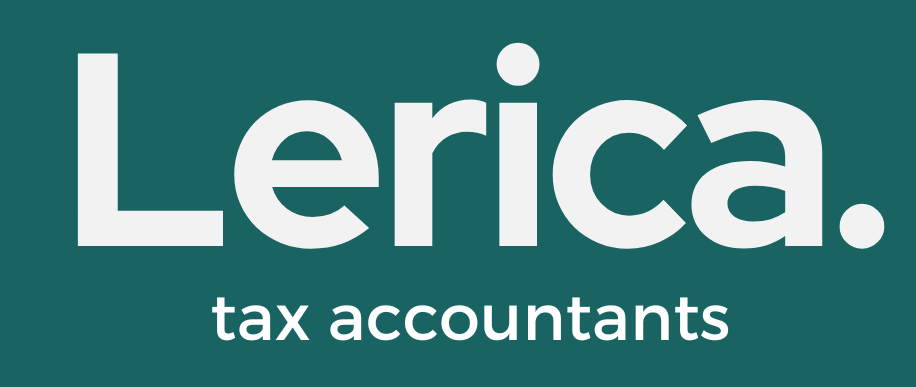Inheritance tax - what its abolishment might mean?
There’s been considerable media comment on what any proposed changes to Inheritance Tax will mean. Here Claire Swain, Managing Director with Lerica Tax Accountants provides her insights on this emotive topic.
It has been widely reported in the media that Prime Minister, Rishi Sunak is considering a cut to Inheritance Tax (IHT) or even its eventual abolishment ahead of the next election.
A crowd pleaser this certainly would be, with many Conservatives agreeing the tax is unfair and levied on already taxed profits and earnings, at a time where people are at their most vulnerable and grieving.
Labour supporters are likely to view any abolishment as an advantage to the rich, as those with little asset value on death are unaffected by IHT. However, the reality is that wealthier you are, the more well advised of tax planning you are! It is those in the middle, who have accumulated wealth of over £1 million that are currently affected.
IHT is currently chargeable at 40% of the value of the estate above the nil rate band of £325,000 and the residential nil rate band of £175,000. You can also claim your late spouses’ nil rate bands provided you inherited all your spouse’s assets on first death. It is therefore estates of over £1 million that usually attract IHT, and with rising house prices and those investing outside of pension arrangements, more and more of the population is getting caught by IHT.
HMRC are reported to collect a record £8 billion in IHT in the current year, with a notable surge in revenues of £3.2 billion between April and August 2023 - a £0.3 billion increase on the previous year. So why is the government considering abolishing IHT?
Some media reports say the ramifications of this potential abolishment on the UK investment market will cause problems for the UK’s economy. Namely, the investments that attract IHT reliefs such as the AIM market, Seed Enterprise Investment Schemes (SEIS), and Enterprise Investment Schemes (EIS) which all attract reliefs from IHT provided they have been held for the requisite time. Others reports say the countries that have abolished IHT have thriving economies!
What we are hearing less about is what abolishment of IHT may actually look like in the UK’s tax system and how that would affect the beneficiaries/donees of the estate monies.
Surely, there would be the abolishment of rebasing assets on death for capital gains tax purposes? This would mean Capital Gains Tax (CGT) would be payable on the sale of these assets on the whole gain from the purchase price paid by their ancestors to the sale price. And not only on the rise in the valuation of these assets from probate value on inheritance.
Estates required to sell assets to distribute inheritance values, would instead be paying CGT instead of IHT - this may be seen as a welcome relief as the rates of tax are currently lower. However how long are they likely to stay this low or would we see a different rate of CGT for assets sold in estates for example.
Whilst there appears to be the benefit that only the gain is attracting tax and not the whole value of the asset, there is the very real tax disadvantage of losing the value of nil rate band, Business Property Relief (BPR) and Agricultural property relief (APR) which surely therefore means more tax will be payable through this abolishment and if so, surely this is now an IHT stealth tax that is now attracting larger sums of CGT on an increased gain for the sale of trading shares and farms.
There are the positives of switching from IHT to potentially more CGT, namely:
The tax rates are currently less
The tax would accrue only when the assets were sold, so from realised cash, removing the burden on estates to borrow at high interest rates or forced to sell to pay the IHT
And failed Gifts/PETs (potentially exempt transfers) for IHT purposes usually resulting in a double tax on the same value of assets to IHT and CGT, when the gifts have not survived the donor by seven years, should also fall away.
What is actually proposed on abolishment and the detail of the regime we are left with after abolishment is of course anyone’s guess, but we look forward to bringing you all some clarity on this emotive subject in either the Autumn or Spring budgets.
Here at Lerica, we’ll be providing regular updates via our News & Insights section and our Newsletter – to subscribe please see the link below.
If you would like more information on IHT or CGT generally or with a view to planning ahead, please either give me a call or get in touch via the Contact Us page.

